2022 Private Pesticide Applicator Training Opportunities
There are several trainings scheduled that would allow licensed pesticide applicators to obtain pesticide credits. Private pesticide applicators are …



El inglés es el idioma de control de esta página. En la medida en que haya algún conflicto entre la traducción al inglés y la traducción, el inglés prevalece.
Al hacer clic en el enlace de traducción se activa un servicio de traducción gratuito para convertir la página al español. Al igual que con cualquier traducción por Internet, la conversión no es sensible al contexto y puede que no traduzca el texto en su significado original. NC State Extension no garantiza la exactitud del texto traducido. Por favor, tenga en cuenta que algunas aplicaciones y/o servicios pueden no funcionar como se espera cuando se traducen.
Inglês é o idioma de controle desta página. Na medida que haja algum conflito entre o texto original em Inglês e a tradução, o Inglês prevalece.
Ao clicar no link de tradução, um serviço gratuito de tradução será ativado para converter a página para o Português. Como em qualquer tradução pela internet, a conversão não é sensivel ao contexto e pode não ocorrer a tradução para o significado orginal. O serviço de Extensão da Carolina do Norte (NC State Extension) não garante a exatidão do texto traduzido. Por favor, observe que algumas funções ou serviços podem não funcionar como esperado após a tradução.
English is the controlling language of this page. To the extent there is any conflict between the English text and the translation, English controls.
Clicking on the translation link activates a free translation service to convert the page to Spanish. As with any Internet translation, the conversion is not context-sensitive and may not translate the text to its original meaning. NC State Extension does not guarantee the accuracy of the translated text. Please note that some applications and/or services may not function as expected when translated.
Collapse ▲There are several trainings scheduled that would allow licensed pesticide applicators to obtain pesticide credits. Private pesticide applicators are …
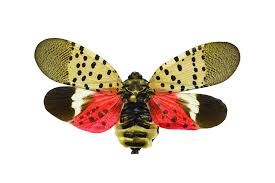
Each month the N.C. Cooperative Extension, Surry County Center will be offering free, online webinars to discuss timely horticulture …
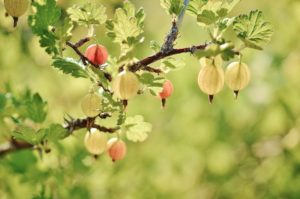
9/16/2020 – The short answer is “no.” You cannot legally grow currants or gooseberries in North Carolina. The reason …
All private pesticide license applicators are required to obtain two hours of “V” training and two hours of “X” …
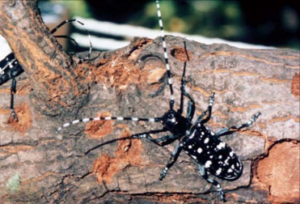
The Asian long-horned beetle (ALB) was discovered first in New York in 1996. Since this time, this destructive wood-boring …
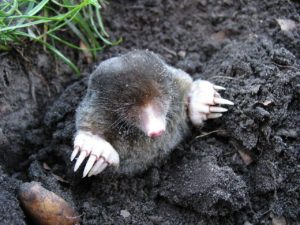
Many of us are busy working on our lawns. You may have noticed that we are not the only …
Attention Certified Pesticide Applicators: Due to COVID-19, the North Carolina Pesticide Board has approved a 90 day extension for Commercial Pesticide Applicators. The recertification …
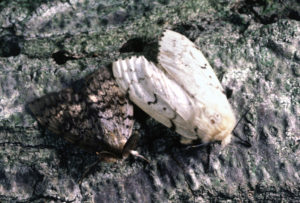
The gypsy moth caterpillars are serious pests of forest and shade trees, as well as a nuisance to people. …

Cicadas are unique insects that are known for their song. Male cicadas sing out to find their mate. They …
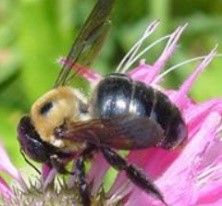
“I’m bringing home my baby bumble bee, won’t my Mommy be so proud of me! I’m bringing home my baby bumble …
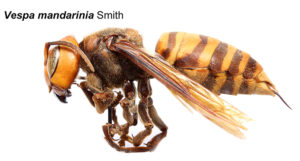
The news media are reporting that the Asian giant hornet (Vespa mandarinia) has been found in Washington state. This hornet …
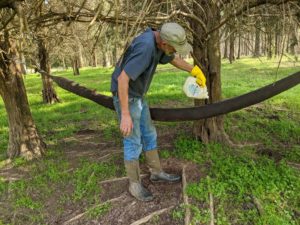
With the introduction of the Asian Longhorned Tick to our state, we need to take a look back to …
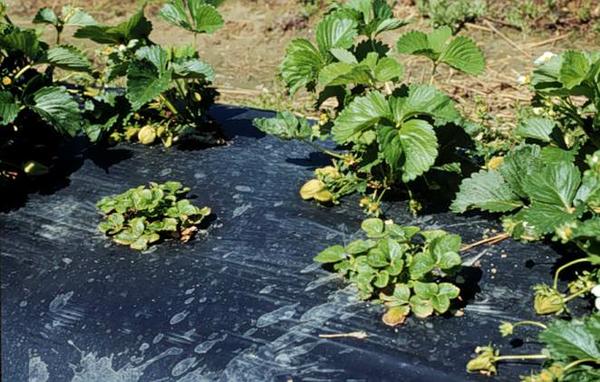
This publication offers information on phytoplasmas, organisms that multiply in the phloem of strawberry plants …
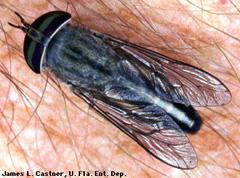
This Entomology Insect Note discusses identifying horse and deer flies and how to control them.
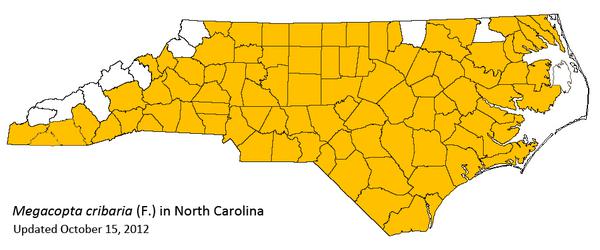
This Entomology Insect Note describes the identification, biology, behavior and control of the kudzu bug.
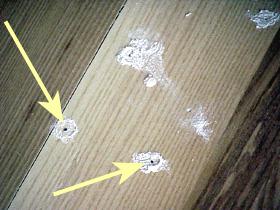
This insect note describes how to identify and control powderpost beetles and wood-attacking fungi.
This Entomology Insect Note discusses the steps to take before a pest management company arrives …

This entomology insect note discusses various methods for termite prevention in new home construction.
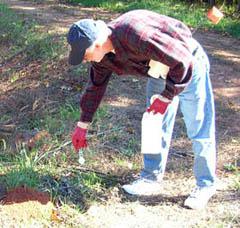
This Entomology Insect Note offers tips for baiting ants in an around homes.
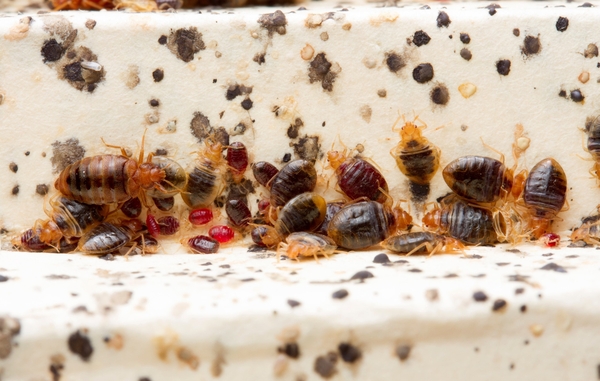
This Entomology Insect Note provides tips on preventing the spread of bedbugs.